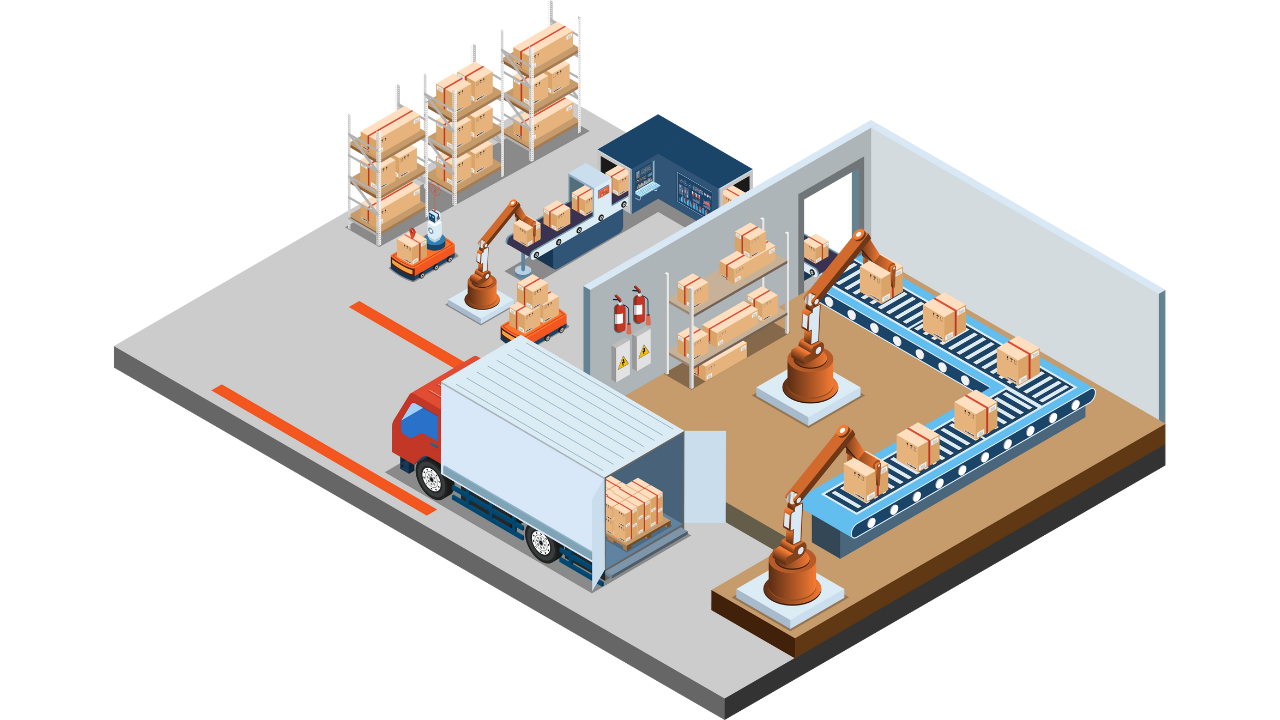The Collaborative Power of WMS and Automated Packaging Machinery
2024-12-16


Warehouse Management System (WMS) is a sophisticated software application specifically designed to optimize and streamline the operations within warehouses and distribution centers. It serves as the backbone of modern logistics and plays a crucial role in managing inventory, facilitating order fulfillment, and enhancing overall warehouse efficiency.
1. Functionality and Features:
WMS offers a wide range of functionalities to efficiently manage warehouse operations. These include inventory tracking, receiving and putaway, order picking and packing, shipping, and inventory replenishment. The system utilizes advanced technologies such as barcode scanning, RFID, and automation to accurately track the movement and status of goods within the warehouse in real-time.
2. Inventory Management:
One of the core functions of WMS is inventory management. It provides real-time visibility into inventory levels, locations, and status, enabling warehouse managers to optimize storage space and ensure stock availability. WMS also supports inventory tracking by lot numbers, serial numbers, or expiration dates, facilitating compliance with regulatory requirements and ensuring product quality and safety.
3. Order Fulfillment:
WMS streamlines the order fulfillment process by optimizing picking routes, batch picking, and wave picking strategies. It automates order allocation and prioritization based on predefined rules such as order deadlines or shipping methods. By improving order accuracy and reducing fulfillment times, WMS helps businesses enhance customer satisfaction and loyalty.
4. Resource Optimization:
WMS helps optimize the allocation and utilization of warehouse resources, including labor, equipment, and storage space. By providing insights into warehouse performance metrics such as order cycle time, picking accuracy, and labor productivity, WMS enables managers to identify inefficiencies and implement process improvements to maximize operational efficiency and reduce costs.
5. Integration and Scalability:
WMS can integrate seamlessly with other enterprise systems such as Enterprise Resource Planning (ERP), Transportation Management Systems (TMS), and Supply Chain Management (SCM) systems, allowing for end-to-end visibility and control over the entire supply chain. Moreover, WMS is highly scalable and can adapt to the evolving needs of businesses, whether they are expanding their operations, adding new product lines, or entering new markets.
There is a close collaborative relationship between the WMS system and the automated packaging machinery industry. In modern supply chains, WMS systems play an important role in improving efficiency by monitoring inventory in real time, optimizing order processing, and managing warehouse resources. These data and instructions can be integrated with automated packaging machinery to achieve a seamless production process.